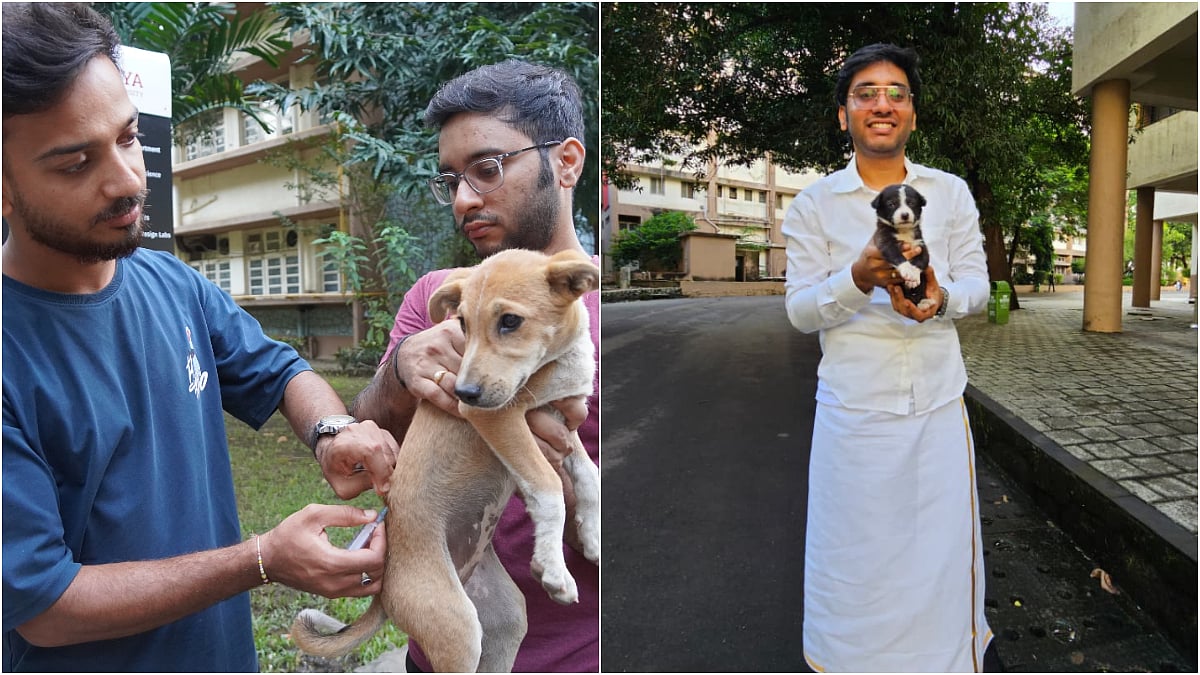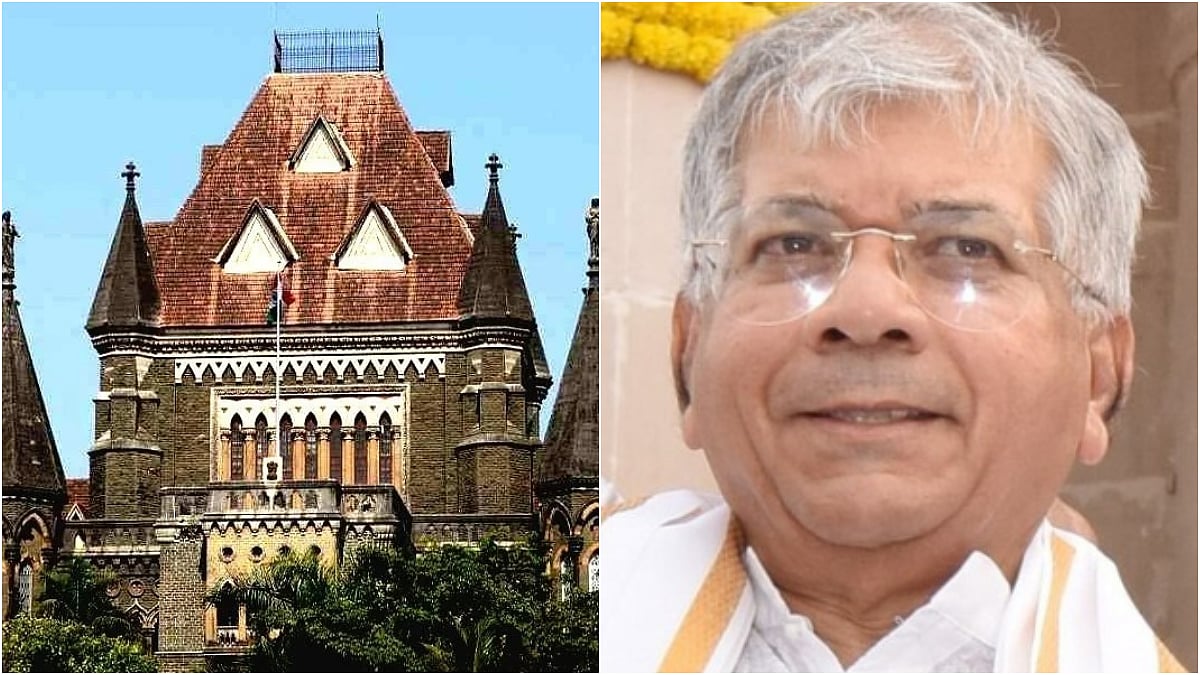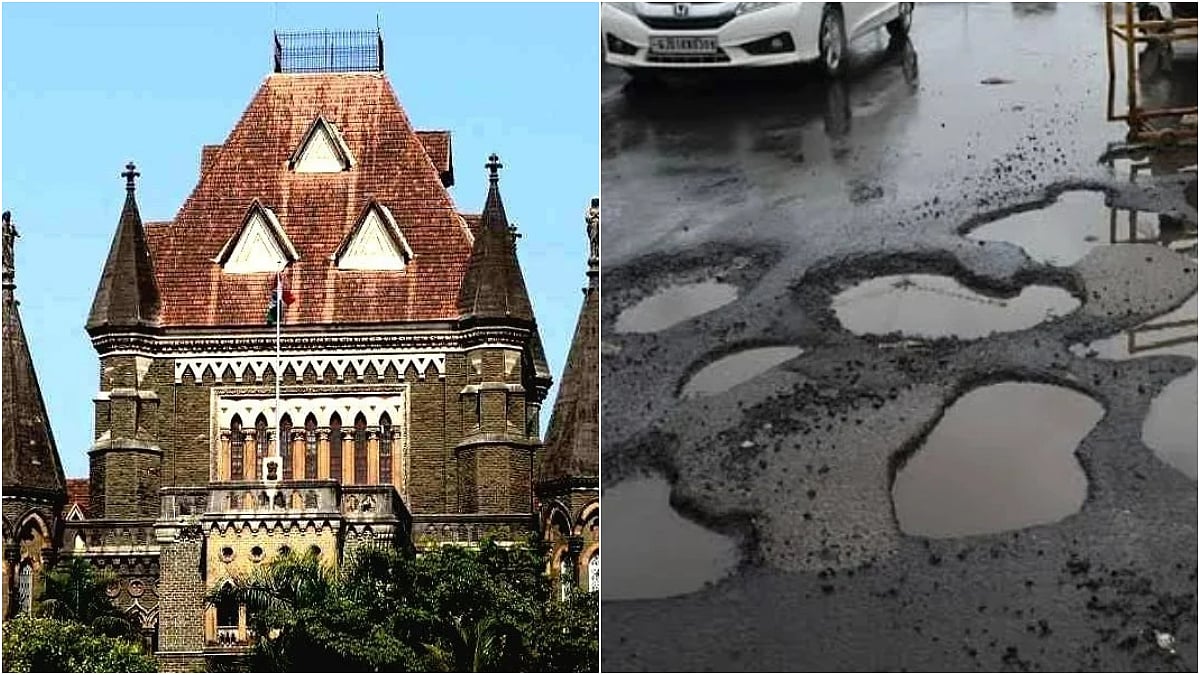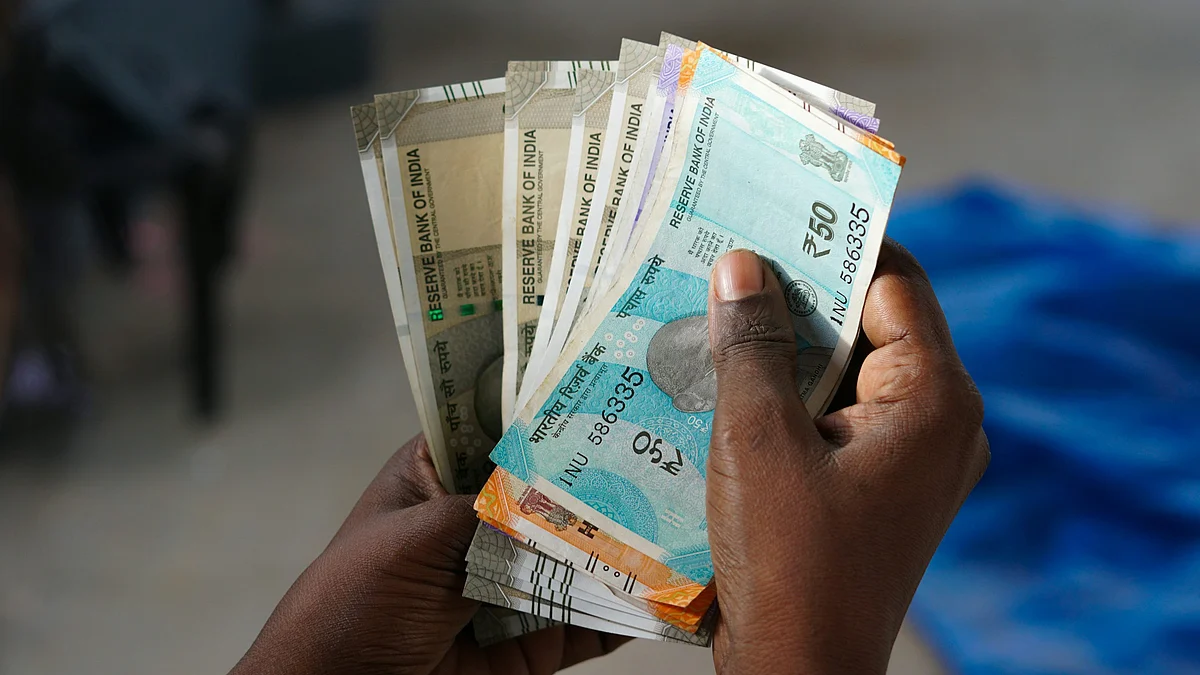The memories of the intervening night of July 1 and 2, 2019, remain fresh in the minds of the residents of Pimpripada and Ambedkar Nagar in Malad east. After a night of incessant rain, a 35-foot concrete wall of the BMC Malad Hill reservoir came crashing down on the hutments in these areas, claiming 31 lives and injuring as many 68.
One year has passed since the devastation but the survivors are yet to receive the financial assistance promised to them by the civic body. The BMC had announced a compensation of Rs 50,000 for each of the 68 injured, apart from financial support to rebuild their hutments.
Sonu Kakojia, 24, still shudders when he remembers that night. Just a week before the disaster, his sister had got married and there were guests staying in their hutment. On that fateful July 1 night, a torrent of rainwater swept away his hut as the boundary wall gave way.
Kakojia underwent treatment for 18 days at a private hospital, as glass shards had pierced his leg. It has been a year since he was discharged but he is yet to see a single rupee of the financial assistance he was promised.
"It has been one year and we are yet to receive the relief. The BMC had promised us Rs 50,000 but we haven't received a penny. I received a cheque for Rs 12,700, which they said was the medical allowance for our entire family," said Kakojia.
His two sisters, mother and brother-in-law had also been injured in the incident. His hut was entirely washed away and the family had to rebuild from ground zero, brick by brick.
"After the incident, civic officials and leaders visited us frequently, promising financial assistance for rebuilding our huts but these were just empty promises," said Ankita Yadav.
Yadav's family was severely injured and her seven-year-old cousin perished in the mishap. Her own hut got was also entirely washed away and, for almost a fortnight, her family took refuge in a nearby school. "Government officials gave a cheque of Rs 5,000 to every family. They promised us further assistance but we haven't received a rupee yet," Yadav said.
"Although the kin of those deceased have received a relief amount of Rs 11 lakh, which the government and the BMC had promised, we are yet to receive any help," she said.
The hutments were situated on the boundary of the wall and the families of the labourers lived in these makeshift shelters. The residents blamed the poor quality of the construction, since the wall had been rebuilt only two years before the incident.
Guddu Kumar, 41, states, many of the families were relocated to Mahul, but some of them returned because it was another hellish experience, given the toxic air quality over there.
"Some of the families rehabilitated in Mahul came back to Pimpripada, saying the air over there is hazardous. For our part, we too have stopped visiting them because almost each one of them now complains of skin disease or asthma," said Kumar, observing that there were as many as 50 families in the area had refused to relocate to Mahul.
"The government has given Rs 5,000 to those families whose huts got washed away. Those severely injured received a cheque of Rs 12,700. But other than this, we received no assistance," said Anil Kanojia, a senior resident.
"We have held peaceful demonstrations outside the BMC and urged them to provide us relief, but they keep saying it will take time," Kanojia said.
"There are a number of people who haven't even received a single rupee. Many died for want of treatment," said activist Bilal Khan. Khan's NGO has been instrumental in providing financial assistance to the survivors and helping them rebuild their houses.
"Independent experts concluded from their investigation that the wall that crashed down was badly designed. It's high time the government pulled up its socks and provides residents with basic amenities and rehabilitation," Khan added.






